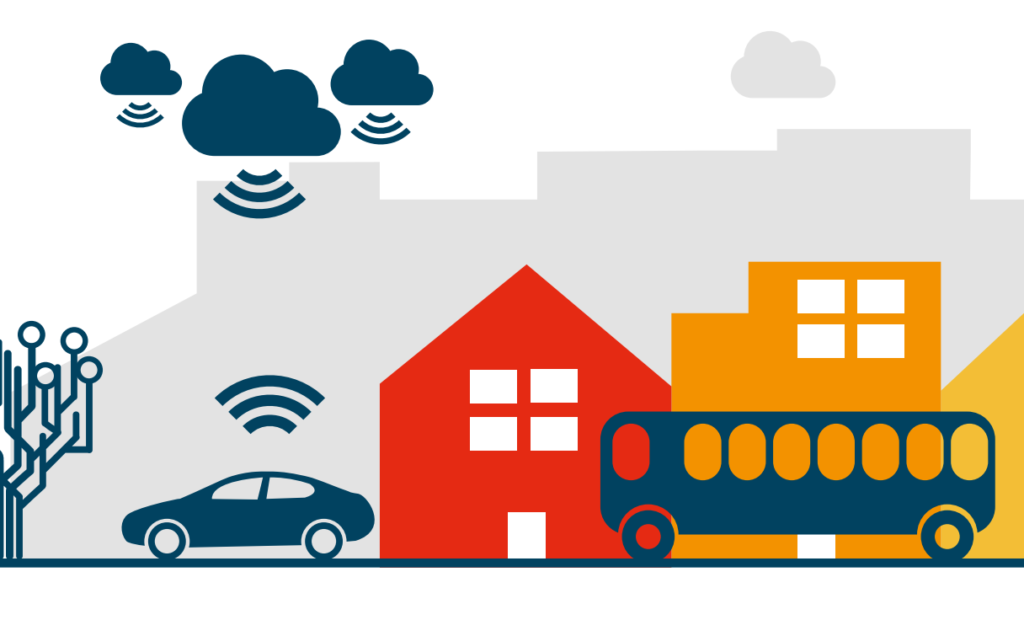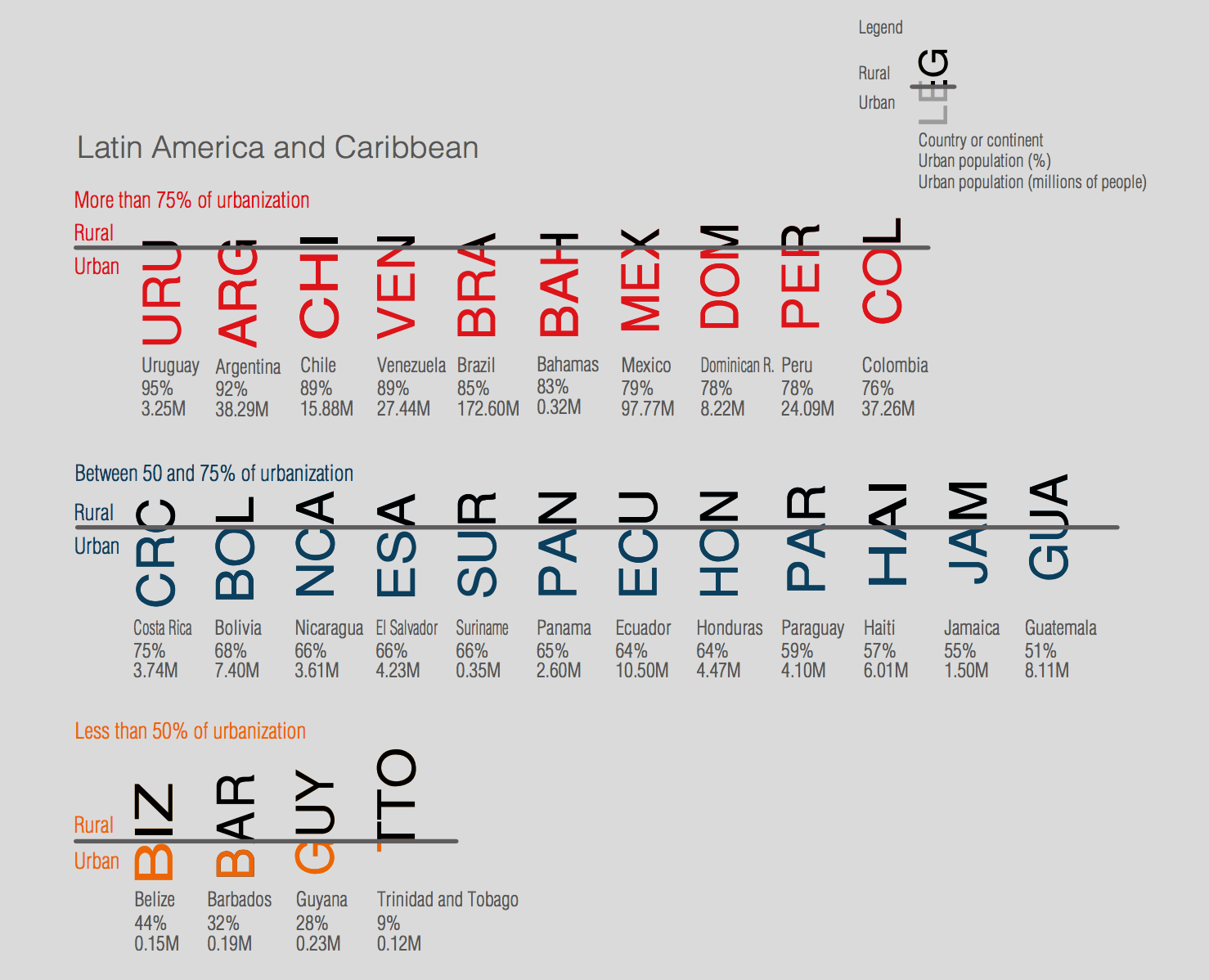Hundreds of millions of people will move from villages and farms to cities in the next 30 years, as agriculture is swapped for factory jobs in the developing world. In Latin America, this process started twenty years ago, and countries have been struggling to scale infrastructure and programs to meet the massive rise in city population.
80 percent of the Latin American and Caribbean population are located in cities, a higher percentage than in Europe, Oceania, Asia, and Africa. Most of them have arrived in the past 20 years.
See Also: Bangkok turns to sensors to for real-time traffic updates
That has created a lot of issues, in Brazil, six percent of all the population live in “favelas” — urban slums that lack some of the basic public services. Argentina and Venezuela struggle to provide for their people as well, 95 and 89 percent are located in urban areas, respectively.
While it may seem like a lost cause, the Inter-American Development Bank (IDB) has released a guide for city leaders inside Latin America, which provides a long list of details on how to build, fund, and manage a growing city more effectively.
IDB calls for city leaders to embrace technology in all areas of government. It also calls for the democratization of technology, giving anyone with a basic cellphone the ability to book an appointment, report a crime, check pollution levels, and get traffic updates.
IDB has its own smart city definition
In the guide, IDB gives its own description of a successful smart city: “A Smart City places people at the center of development, incorporates Information and Communication Technologies into urban management, and uses these elements as tools to stimulate the design of an effective government that includes collaborative planning and citizen participation. By promoting integrated and sustainable development, Smart Cities become more innovative, competitive, attractive, and resilient, thus improving lives.”
We are starting to see signs of smart city adoption, in a few places in Latin America, people use WhatsApp to talk to politicians and book appointments, but there is still disconnect between everyday people and government services.
The processes in the guide push cities to be more engaging with its citizens and to provide more ways for them to get involved in the planning stages.











